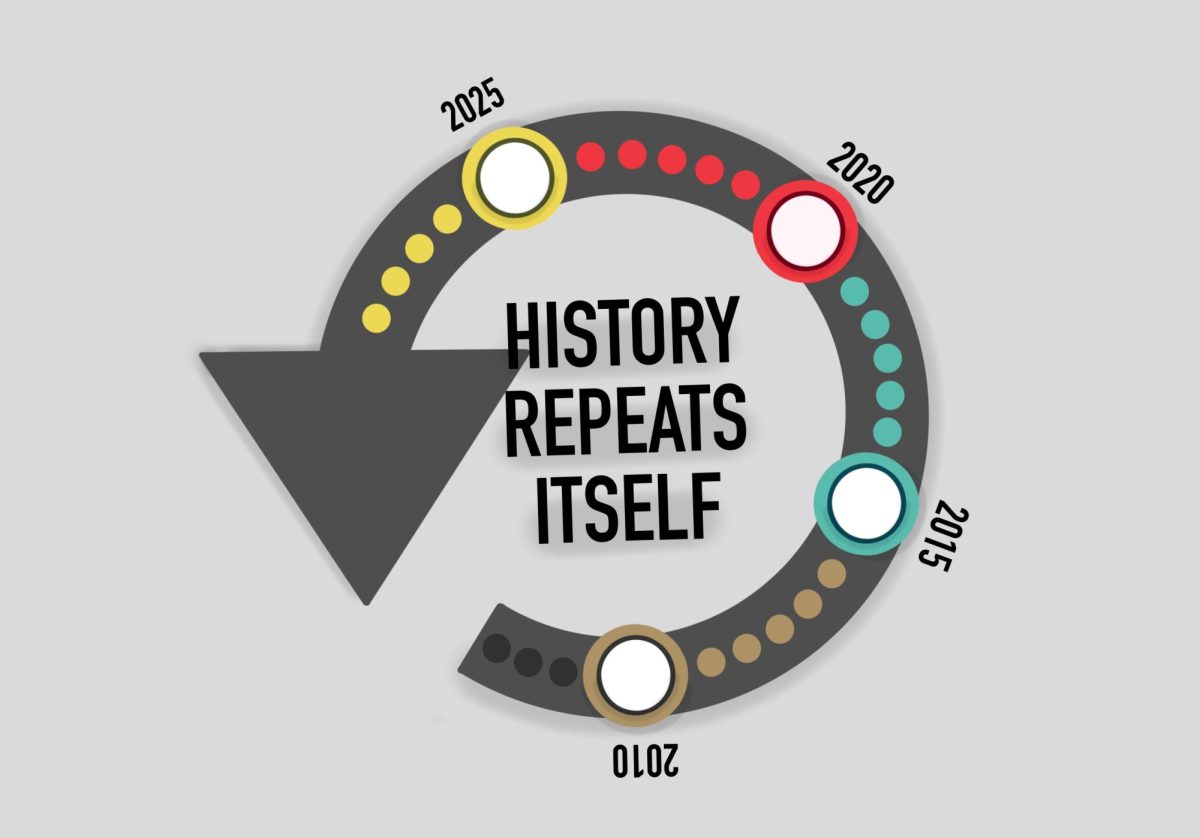Editor’s note: This article contains references to abuse. If you or anyone you know is experiencing domestic abuse, please reach out to the National Domestic Violence Hotline or a local shelter.
I have personally observed that many students enter their first “serious” romantic relationship during college. I think that this stems from a combination of newfound independence, dating apps and being exposed to an entirely new group of people. While the length of these relationships can range from weeks to years, being in a serious romantic relationship can have a lasting impact on your life and the life of your partner. This is especially true if your first serious relationship is riddled with emotional abuse.
Emotional abuse can be difficult to pinpoint because it takes many different forms. It ranges from constant manipulation and gaslighting to verbal threats; but no matter the method, emotional abuse drains its victims psychologically. Emotional abuse can lead to a lifetime of trust issues and a lack of self-worth, as those who are victims of abuse tend to believe what is happening to them is their own fault. College students who may have never experienced being in love before may be more prone to believing that this is the norm.
Of college students who have reported dating violence and abuse, 57% said it occurred during their college years. I found this statistic to be particularly shocking, and it does not even account for the college students who don’t report dating violence or abuse. No one deserves to have their first serious relationship scar them for years to come.
Emotional abuse is particularly insidious because there is no evidence of the abuse on your skin. Your partner’s words haunt you every second of the day, but people often cannot see how much you’re hurting unless you tell them. Since college students are so young and often lack the life experiences that older adults do, it can be hard for them to recognize abuse, and it plays a role in their relationship. They might not even realize they were being abused until years later. The trauma caused by abuse can linger for the rest of someone’s life.
If you think that you are experiencing abuse, or have in the past, it is important to recognize that you are not alone. Reach out to family and friends, and if that is not an option, contact an abuse hotline or the Aurora Center 24-hour helpline. Getting out of these relationships can be extremely challenging, but know that what you are experiencing is not love. It is not normal. You deserve to be loved and supported, not belittled and manipulated. You are not alone.














